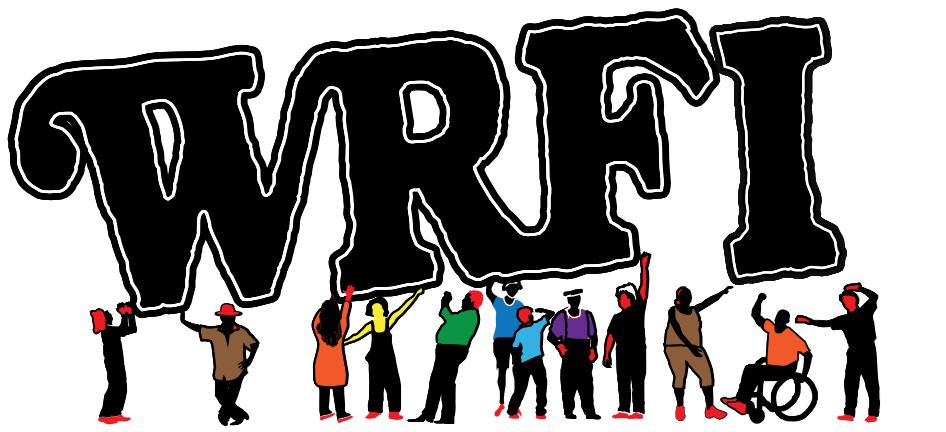Coronavirus Update, December 11, 2020
It was revealed at a press conference held Friday by New York Governor Cuomo that household and social gatherings account for nearly 74% of COVID-19 transmissions.
The state’s date doesn’t even account for the number of cases that have grown exponentially since the holidays. For two months, 46,000 cases were studied beginning at the start of September. According to the Ithaca Voice, Cuomo reports that over 200,000 cases were not able to be traced back to a source.
The second highest rate of transmission was among healthcare delivery. However, it was not a close second - the transmission rate was 7.8%. Transmission among the cases linked back to higher education students was around 2%, then education employees at 1.5%, followed by restaurants and bars at about 1.4%. Travel and vacation, sports, and jobs in the public sector come in at around 1% transmission rate among the sampled cases.
The remaining activities were all found to account for less than 1 % of cases during the 2 month period. A full list can be viewed below.
DeWitt Middle School, Northeast Elementary School, and South Hill Elementary School conducted all teaching virtually Friday after school community members tested positive for COVID-19. According to the Ithaca Voice, one student each at South Hill and Dewitt tested positive, as did a Northeast staff member.
District Superintendent Dr. Luvelle Brown says that quarantining is not needed at this point unless individuals are contacted by the Tompkins County Health Department - or have been in close contact with any person who tested positive. The Ithaca City School District plans on letting families know if distance learning will be required at the three schools next week, based on advice from the health department.
And, as reported earlier this week, Boynton Middle School will be offering remote-only learning to its students until Tuesday, December 15. One of the two persons who tested positive this week had numerous contacts at the school. Because Boynton Middle’s hybrid-learning schedule includes a fully remote schedule on Wednesdays, in-person learning will resume on Thursday, December 17th.
--
Looking at the local COVID-19 caseload, the latest numbers as of the time of the 6 p.m. broadcast were released Thursday from the Tompkins County health department. There are 27 additional positives, 13 new recoveries, and 9 hospitalizations. According to the County Health Department, that leaves 305 active cases of COVID-19 in Tompkins.
In Schuyler County, there are 2 new cases of COVID-19 reported as of Friday, leaving 31 active cases, according to their Health Department. 3 people remain hospitalized due to the virus.
--
The City of Ithaca Common Council met last week with an agenda that included public feedback on plans for a 5G cell tower and an update on city finances, according to the Ithaca Voice.
Some residents urged the Common Council to consider the health impact of a 5G tower. City of Ithaca attorney Ari Lavine assured constituents that the city is taking public safety and health into account.
In addition, the City Controller, Steve Thayer said the city’s losses in income due to the pandemic include over two million dollars in lost revenue from sales taxes, over a million dollars in lost revenue from parking fees, and about 70-thousand dollars lost from fewer trash tags being purchased. The Common Council voted to refinance its bonds to save the city at least $300,000.
Finally, the Common Council’s discussion about allowing dogs on the Commons was tabled to January. This is to allow the Planning Board to clarify waste pick-up and fine rules.
--
An online version of the annual Ithaca Alternative Gift Fair kicks off Saturday. As an alternative to giving material gifts, the fair provides opportunities to honor friends and family by giving to local community organizations. You can learn more at ithacaaltgiftfair.org.
--
In other holiday news of the finger lakes region, today is the last day to cast a vote for the It’s A Wonderful Life Festival holiday decorating contest in Seneca Falls.
Several popular events have been cancelled due to the coronavirus pandemic. The organizers of the It’s a Wonderful Life Festival are keeping the spirit of Frank Capra’s holiday classic alive this year. The film’s fictional town of Bedford Falls is believed to be based on Seneca Falls - a town Frank Capra visited.
Rather than being in person, the festival committee is holding the gingerbread house and holiday lights contests online, according to The Finger Lakes Times. Town residents were invited to decorate their lawns and houses to enter the contest. 38 Seneca Falls residents chose to participate and people are welcome to drive by and cast their votes in various categories or they can view and vote online. Email wmp@rochester.rr.com or call 315-568-9364 for more information.
--
On Thursday a U.S. government vaccine advisory committee said that the Pfizer-BioNTech COVID-19 vaccine should be given the greenlight, reports the Times Union.
This recommendation allows the Food and Drug Administration, or FDA, to authorize the vaccine for emergency use, and that the first batch of 170,000 vaccines could arrive in New York as early as this weekend. Gov. Andrew Cuomo said a New York independent panel would also need to review and approve any FDA-approved vaccine before it is administered in New York.
The New York panel has already started reviewing the Pfizer vaccine in parallel with the FDA’s review and plans to convene as soon as the FDA authorizes the vaccine. Governor Cuomo believes the New York review panel will increase the public’s confidence in the vaccine’s safety and efficacy.
The Pfizer vaccines are said to be 90 percent effective. The first vaccines in New York would be earmarked for those who live and work in nursing homes and for health care workers on the front-line.
--
In related news, vaccination efforts to stop the spread of smallpox, cholera, polio and measles could offer insight into how the distribution of the coronavirus vaccines could play out. That’s according to a report from City and State New York.
The cholera vaccine highlights how long it can take to perfect a vaccine. Beginning in the 19th century, cholera caused mass death in New York City, but it took decades to create a vaccine capable of getting the disease under control. In the 1990’s, the cholera vaccine was combined with other childhood shots into a single dose which gave a huge boost to vaccination efforts.
The measles vaccine highlights the vulnerability of herd immunity. Vaccinations for measles began in the 1960’s. By the turn of the century, the measles was eliminated in the United States. Yet controversial safety concerns about the vaccination led to a resurgence in the disease. New York implemented requirements to keep the vaccination rates at 90-95% - the threshold to maintain herd immunity.
The polio vaccine shows how safety concerns can impact the public health effort, despite its success. In 1955, at least 250 children got infected with a live virus. And, a man in Syracuse won a lucrative settlement after a Pfizer vaccine left him crippled. Criticisms and safety concerns continued for decades.
The smallpox vaccine shows how total victory is a possibility. It was a disease with a 30% death rate. Brought by Europeans to foreign lands, it ravaged indigenous civilizations in the Americas and across the globe. Thanks to vaccination efforts, there have been no new smallpox cases since 1978. It is the only fully eradicated infectious disease.
Contributing writing by WRFI Volunteers Susan Fortson and Pamela Tan

